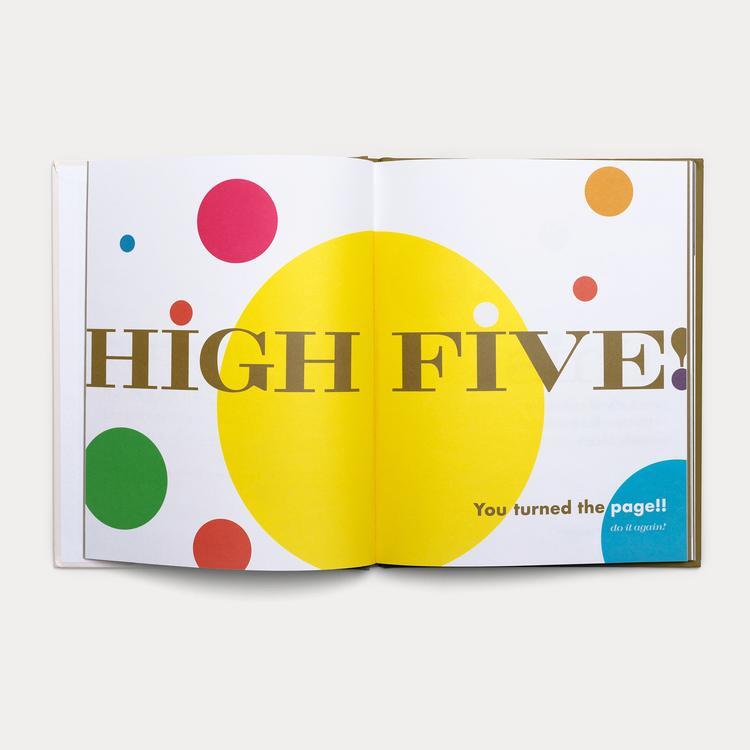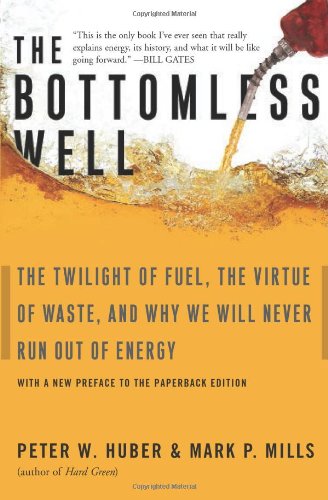

It is a hard-won utopia built on technologically-generated abundance, and also on complex and mandatory systems of labeling all public writing and speech. The world into which Mycroft and Carlyle have been born is as strange to our 21st-century eyes as ours would be to one born in the 1500s. Carlyle Foster is a sensayer-a spiritual counselor in a world that has outlawed the public practice of religion, but which also knows that the inner lives of humans cannot be wished away. For his crimes, he is required, as is the custom in the 25th century, to wander the world being as useful as he can to all he meets. His quest is to regain his true identity. He is an exile from himself.Īnd so Phaethon embarks upon a quest across the transformed solar system-Jupiter is now a second sun, Mars and Venus terraformed, humanity immortal-among humans, intelligent machines, and bizarre life forms that are partly both, to recover his memory, and to learn what crime he planned that warranted such preemptive punishment. The Neptunian tells him that essential parts of his memory were removed and stored by the very government that Phaethon believes to be wholly honorable.

There he meets first an old man who accuses him of being an impostor and then a being from Neptune who claims to be an old friend. Phaethon, of Radamanthus House, is attending a glorious party at his family mansion to celebrate the thousand-year anniversary of the High Transcendence. Within the frame of a traditional tale-the one rebel who is unhappy in utopia-Wright spins an elaborate plot filled with suspense and passion.

And a deep theory of why humanity is destined to make progress may be found in David Deutsch’s dazzling The Beginning of Infinity. Still bigger pictures are presented in Johan Norberg’s Progress and Matt Ridley’s The Rational Optimist. The story is told in James Payne’s The Decline of Force, Kwame Anthony Appiah’s The Honor Code, and Michael Shermer’s The Moral Arc – an allusion to Theodore Parker’s famous line (beloved of Martin Luther King) that the arc of the universe bends towards justice. It is also decimating child labour, capital punishment and the criminalisation of homosexuality. Progress is not just material but moral: the world has abolished human sacrifice, slavery, heretic-burning, witch hunts, duelling, apartheid and male-only suffrage. Children of the 1970s will appreciate the title, an allusion to Brand’s groundbreaking Whole Earth Catalog, which merged technology with the counterculture and encouraged global consciousness with the breathtaking “Earthrise” photograph on the cover. The equally remarkable decline of armed conflict is recounted in Joshua Goldstein’s Winning the War on War and several irreverent books by John Mueller, including The Remnants of War and the sarcastically titled collection A Dangerous World? The most surprising may be The Internationalists, in which Oona Hathaway and Scott Shapiro argue that the oft-ridiculed 1928 pact outlawing war deserves much of the credit.Īnd no, the environment is not hopelessly despoiled and depauperate, say “ecomodernists” such as Ronald Bailey in The End of Doom, Ruth DeFries in The Big Ratchet Chris Thomas in Inheritors of the Earth, and Stewart Brand in Whole Earth Discipline. As does Factfulness by the late TED star Hans Rosling, who liked to quiz his audiences on trends in wellbeing and show that they did worse than chimpanzees.

More modestly, Charles Kenny tells us how the world is Getting Better. Authors who describe the remarkable decline of poverty, hunger and disease in the developing world anticipate such incredulity that they often flaunt the word “great” in their titles, such as Nobel laureate Angus Deaton’s The Great Escape and Steven Radelet’s The Great Surge.


 0 kommentar(er)
0 kommentar(er)
